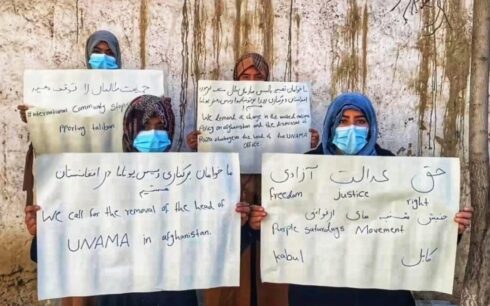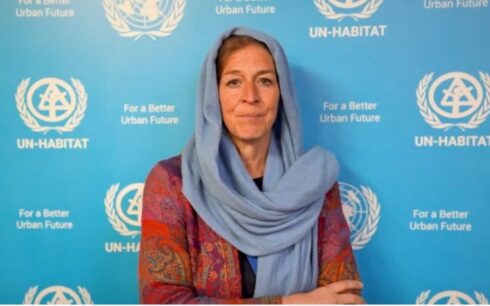United Nations officials and women’s rights activists are concerned about an increase in the number of suicide attempts among women and girls in Afghanistan.
They consider restrictions, especially on education and work opportunities, and the lack of women and girls’ engagement in society as the key reasons for the increase in the number of suicides and suicide attempts.
The head of the United Nations Women’s Office in Afghanistan told the Guardian newspaper that the conditions of women and girls in Afghanistan are such that they prefer death over life.
Information collected by the Guardian shows that since the summer of 2021, the rate of suicide among women has increased in a third of Afghanistan’s provinces, especially Herat and Nimroz.
“The world should wake up. Their rights should be supported,” said Narges Azizi, a member of the Women’s Political Participation Network.
The Taliban has not allowed the employees of the health sector to share the suicide statistics of women with the media. But in the past two years, reports indicate a steady increase in suicides and suicide attempts.
Mursal Nabizadeh, a former representative in the Senate; Shukrieh Alkozi, a doctor in Kabul; Golsar, a student and civil activist in Andkhoi; Khatera, a schoolteacher in Nimroz; Hora Sadat, a YouTuber and civil activist in Kabul; Samia, a student in Balkh; Zainab Abdulahi a resident of Kabul; Halima Imami in Bamiyan; Sharifa, a student and activist in Balkh; Fatema, a student and civil activist in Balkh; Zainab, an activist in Kabul; Forozan Safi, an activist in Balkh; Nafisa Balkhi a midwife in Balkh; Samar Gol, a local women representative in Kapisa; Forozan a student in Kabul, are some of the women who lost all hope and chose death over life.
Then there was the killing of a popular Kabul YouTuber, Hoora Sadat, last week which caused sparked widespread outrage.
“We ask the international community to advocate for women and girls’ rights so that they are not marginalized,” said Tarannum Saidi, a women’s rights activist.
In addition to suicide, there has been a sharp increase in mental health illnesses in the absence of educational and work opportunities for women and girls.
“Anyone who criticizes is supressed by the Taliban,” said Hasina Rasouli, a women’s rights activist.
Although the Taliban has not disclosed the exact number of murders, suicides and suicide attempts among women and girls, their Ministry of Interior announced in December last year that they had recorded more than 360 suicide attempts across Afghanistan in the past year.





